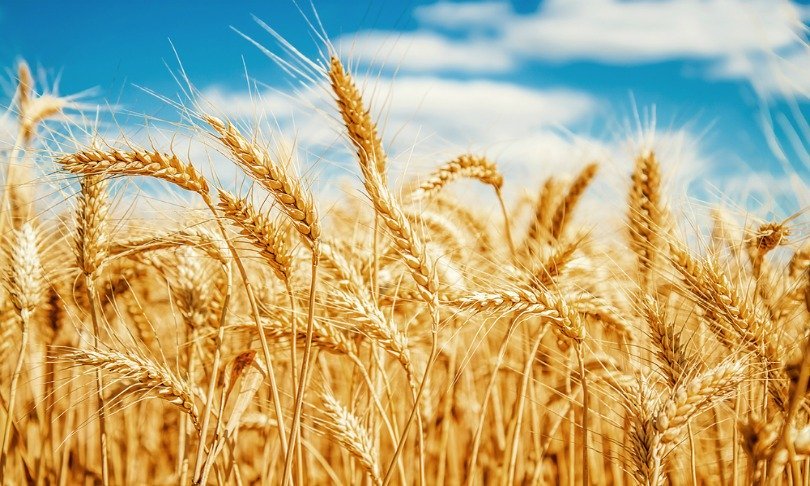Inside BENEO’s new pulse plant: pioneering sustainable protein from faba beans
MACS 4028 has shown superior and stable yielding ability
Scientists from Agharkar Research Institute (ARI), Pune, an autonomous institute under the Department of Science & Technology, Government of India, have developed a biofortified durum wheat variety MACS 4028, which shows high protein content.
The wheat variety developed by the ARI scientists group on Wheat improvement, shown high protein content of about 14.7%, better nutritional quality having zinc 40.3 ppm, and iron content of 40.3ppm and 46.1ppm respectively, good milling quality and overall acceptability.
MACS 4028, the development of which was published in the Indian Journal of Genetics and Plant Breeding, is a semi-dwarf variety, which matures in 102 days and has shown the superior and stable yielding ability of 19.3 quintals per hectare. It is resistant to stem rust, leaf rust, foliar aphids, root aphids, and brown wheat mite.
The MACS 4028 variety is also included by the Krishi Vigyan Kendra (KVK) programme for United Nations Children’s Fund (UNICEF) to alleviate malnutrition in a sustainable way and can boost the Vision 2022 “Kuposhan Mukt Bharat”, the National Nutrition Strategy. An endeavor to tackle the hidden hunger in the rural areas of India is being continued using traditional plant breeding approach to achieve “Kuposhan Mukt Bharat.”

